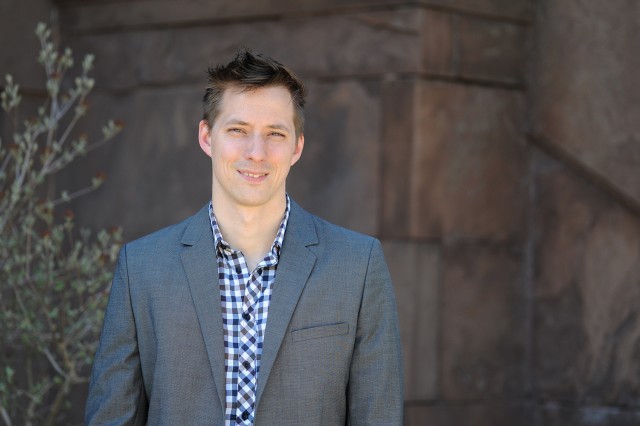Harrison's original sculpture has abounded with artifacts of pop culture and politics
Lipton examines the continued relevance of the Turning Test of machine intelligence
Robinson's new study explains why it can be so hard to resist alcohol, drugs or sweet treats
"We are in the midst of hard times now, and it feels as if art is failing us," writes Scott
The foreign exchange, "forex," scandal was a series of conspiracies, writes Grossman
President Roth advises students that college is about more than getting that first job
Throughout history, advances in these technologies have unsettled the public, yet have forged ahead
The Post featured books by Roth, Bloom, and Waldman '86 as best of 2014
The Ivory Tower documentary, featuring Roth, looks at the cost, and importance, of higher ed
Wife of the Babar author, Rose has long helped him "dream up ideas and pen the stories"
Developed by Miranda '02 while at Wes, the musical was revived by the Theater, Music departments
Lu: "One tiny speck moves around our sun, carrying my name among planets"


